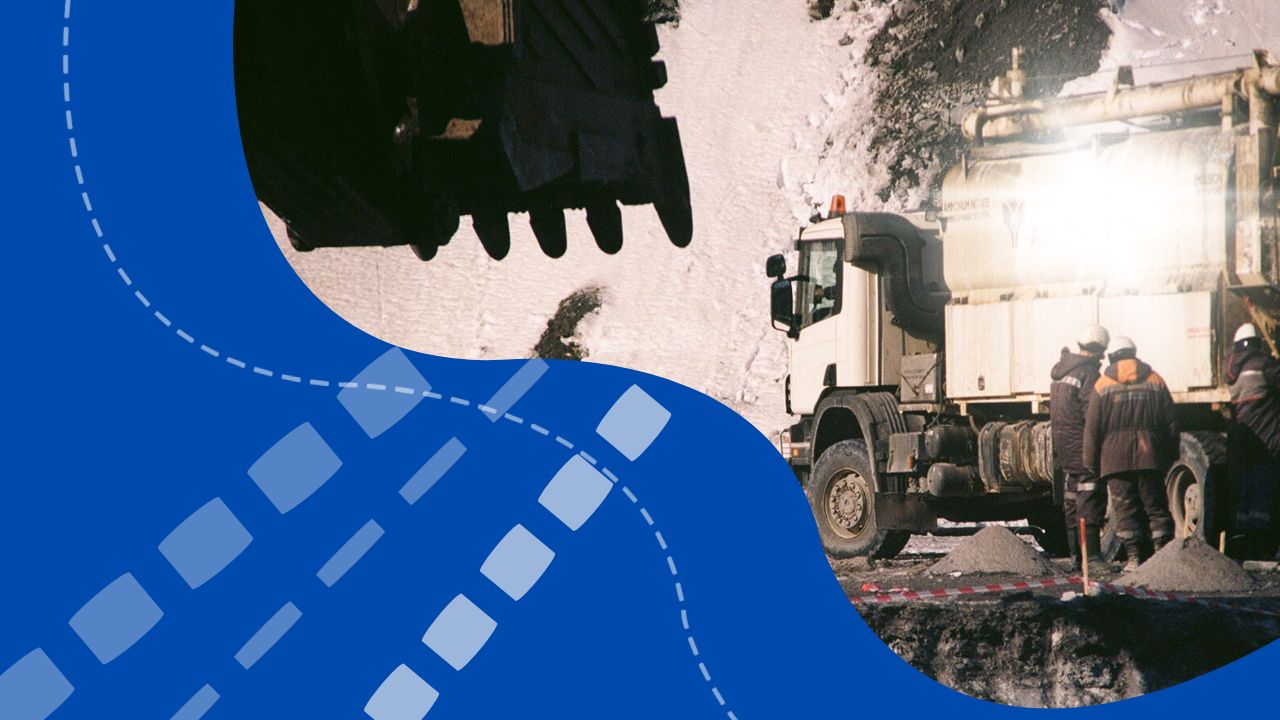Collaborating with Chinese experts, research endeavors commenced in Nimçë, Kukës, and Muhur, Dibra. Despite encountering low exploitation prospects and challenging ore conditions, workers successfully reached their goal. Periodic reports detailing the research findings were submitted to the prime minister.
“The results were reported to the Prime Minister by the expedition leaders… We aimed to establish the presence of such mineralization in Albania, which we achieved,” stated Gezim Shima, a geologist.
“In Albania, we have Nimçen with industrial conditions but with very low reserves… we also have uranium in the phosphorite of Fushë Vardë and in the phosphorite of Guzmar,” revealed Qerim Ismeni, a metallurgist and environmentalist.
Special devices were employed for the search, detecting radiation in the area, a clear indication of uranium presence, according to experts.
“In all uranium-related facilities, discoveries are made by measuring radiation and through chemical analysis,” explained Qerim Ismeni.
While the exploration met its objective of locating ore, the conditions were challenging, with few reserves. After an extensive research period, operations ceased. Today, the surviving mine workers can be counted on one hand, with irreparable health consequences.
“The number of Nimçe workers still alive is almost… unfortunately, many have passed away at the age of 55,” lamented Qerim Ismeni.

